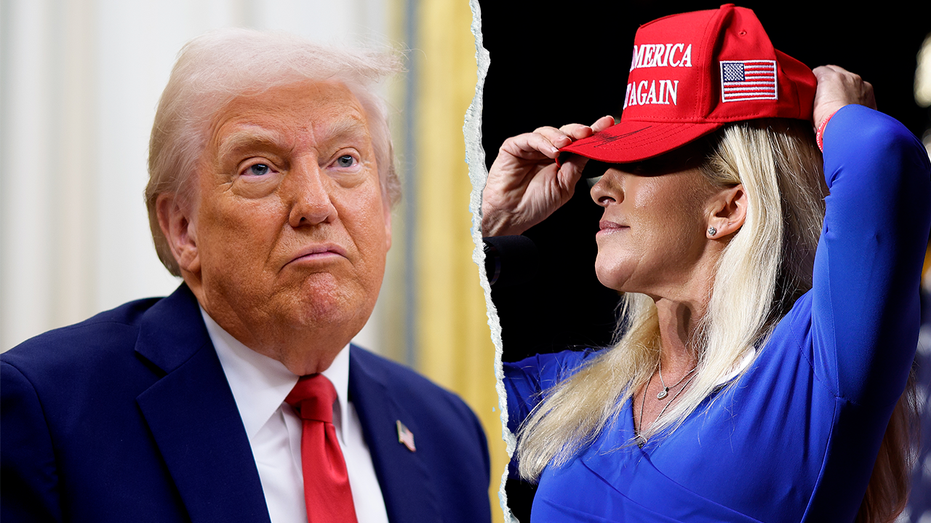Longtime Trump Ally Turns Against GOP's "Big, Beautiful Bill" in Unexpected Shift
Marjorie Taylor Greene admits she didn't read the full One Big Beautiful Bill Act before voting, raising questions about oversight.

Washington, D.C. – Deepening fissures within the House GOP came into sharp focus this week after Rep. Marjorie Taylor Greene, R-Ga., a staunch ally of former President Donald Trump, made a stunning admission: she had not read the One Big Beautiful Bill Act in its entirety before voting for it and now no longer supports the legislation.
Greene's reversal adds her to a growing list of prominent House Republicans who are voicing regret over their initial support for the high-stakes bill—legislation that passed by just one vote after marathon committee sessions and last-minute bargaining on Capitol Hill. Among them is Rep. Scott Perry, R-Pa., another top member of the Republican Party's pro-Trump wing. Perry admitted reservations about the process and substance of the bill, emphasizing the need for "MASSIVE improvements from the Senate before it gets back to the House."
The One Big Beautiful Bill Act, personally championed by Trump, aims to fulfill campaign promises on border security, American energy production, and sweeping tax cuts. Yet, in an unexpected twist, some of the former president’s most ardent supporters have grown disillusioned, citing both policy and procedural concerns. This discontent has been fueled further by tech billionaire Elon Musk—the former head of the Department of Government Efficiency (DOGE)—who harshly criticized the bill after stepping down from his government role last week. Musk described the bill as a "disgusting abomination" and a "pork-filled Congressional spending bill," asserting that those who voted for it "know you did wrong."
Musk’s broadside against the legislation has rattled the House GOP and given voice to conservative critics alarmed by the bill’s impact on federal spending and the national debt. The Congressional Budget Office (CBO) estimates that while the bill would cut taxes by approximately $3.7 trillion, it would also hike deficits by $2.4 trillion over a decade. The national debt, meanwhile, has already surged past $36 trillion, with substantial daily increases reported this week.
Yet, it is a narrower provision buried deep within the nearly 300-page measure that prompted Rep. Greene’s dramatic change of heart: a 10-year ban on any state regulation of artificial intelligence (AI). The provision explicitly precludes states from passing or enforcing AI-related laws, restrictions, or regulations for the next decade, a move Greene now says erodes state rights and poses significant risks.
"Full transparency, I did not know about this section on pages 278-279 of the OBBB that strips states of the right to make laws or regulate AI for 10 years," Greene declared in a public statement. She called the provision a "violation of state rights" and warned, "We have no idea what AI will be capable of in the next 10 years, and giving it free rein and tying states' hands is potentially dangerous."
Greene now pledges to vote against the bill if the AI provision is not removed in the Senate, and she is urging her colleagues to demand changes. Her opposition comes at a pivotal moment, as the Senate signals resistance to the House-passed version, and the White House insists the president is standing firm.
White House Press Secretary Karoline Leavitt dismissed concerns about Musk’s comments and growing GOP dissent, saying, "This is one big, beautiful bill, and he’s sticking to it." But internal criticism shows no signs of fading, as key conservatives warn that ignoring fiscal and regulatory issues could cost the Republican majority both in terms of credibility and voter trust.
With intra-party rifts widening and debate over the bill’s future intensifying, all eyes are now on the Senate, which faces mounting pressure to overhaul the legislation before sending it back to the House for a potentially make-or-break vote.




